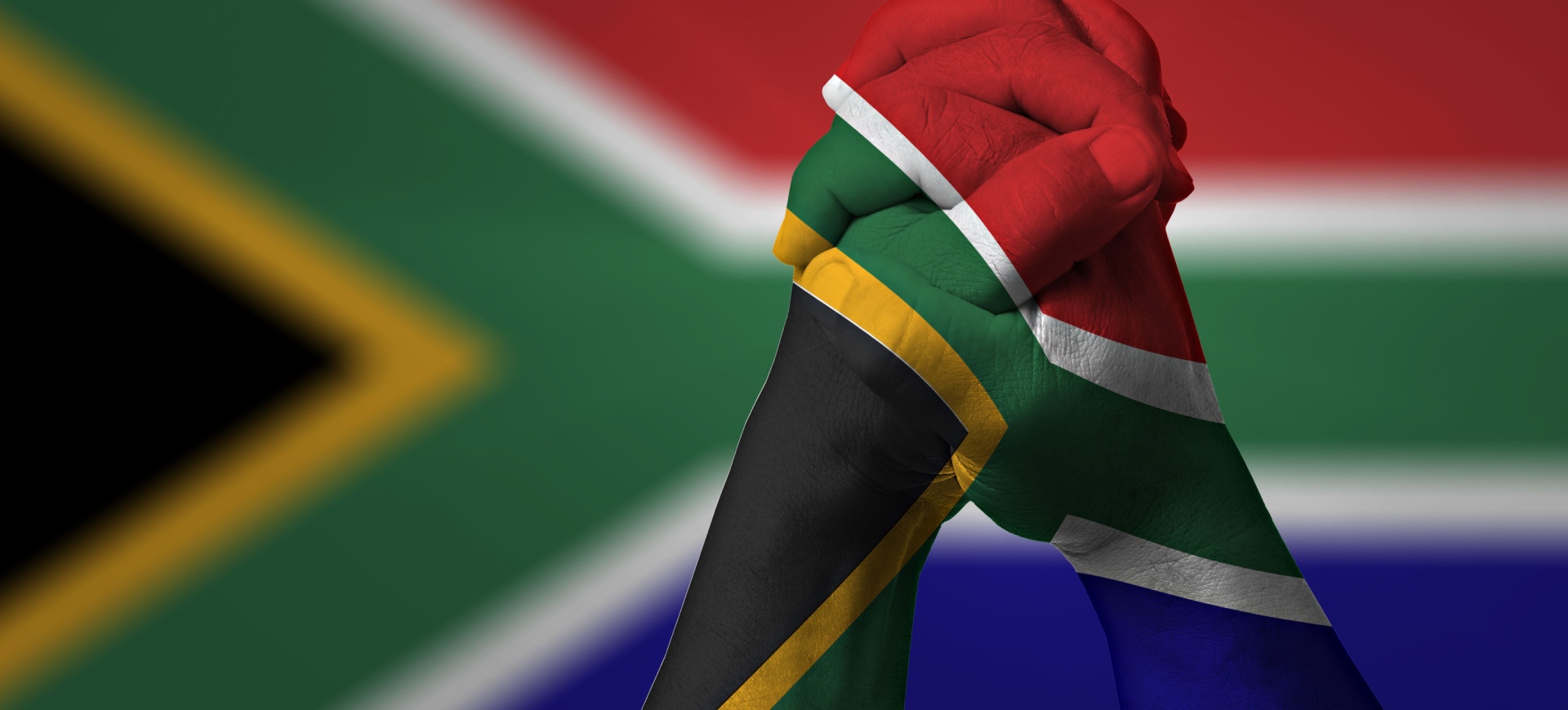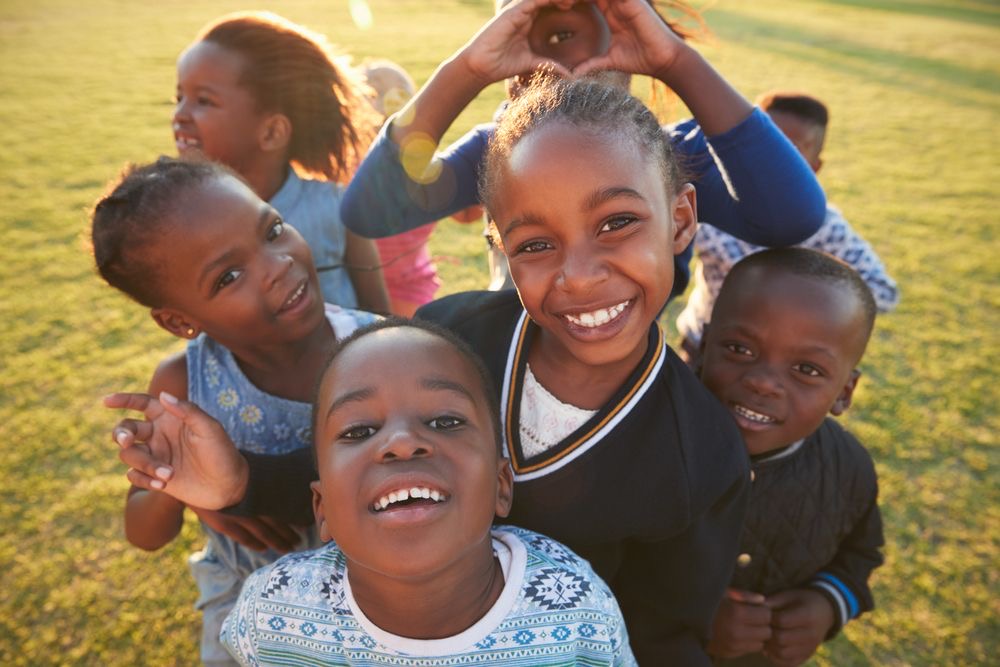Taking the G20 helm: prioritising social issues
Interview with Elizabeth Sidiropoulos, chief executive, South African Institute of International Affairs
As South Africa assumes the G20 presidency for 2025, it will focus on issues including poverty, inequality and climate change in order to foster solidarity, equality and sustainable development
How has South Africa contributed to G20 governance since the finance ministers and central bank governors first started meeting in 1999?
South Africa’s transformation into a democracy in 1994 saw it become a very active global player in various forums. In 1999, when the G20 was established, we had a finance minister – Trevor Manuel – and president, Thabo Mbeki, who wanted to make an impact on the international financial system to help Africa and the developing world. Minister Manuel and successive reserve bank governors were very active in the International Monetary Fund, World Bank and G20 in promoting Africa’s and South Africa’s case to build more proactive African engagement.
The 2008 global financial crisis originated in the North in a particular context, and the responses devised were not necessarily applicable to African circumstances. South Africa contended that regulatory changes introduced in response, such as the Basel rules on correspondent banking, had unintended consequences for Africa and the developing world.
When G20 leaders started meeting in 2008, South Africa emphasised developmental issues. It was very involved in the Seoul Development Consensus and in creating the Development Working Group in 2010. Some of the issues South Africa promoted included infrastructure development, financial inclusion and combating illicit financial flows. It has been very involved in the Inclusive Framework on base erosion and profit shifting and the regulations that have emerged. South Africa has pushed for mispricing and mis-invoicing by companies – other examples of illicit financial flows – to be on the G20 agenda. It secured a decision for the World Customs Organization to submit a report on this to the Development Working Group. South Africa also advocated for increasing African representation on the IMF and World Bank boards; in the latter case, an additional seat for sub-Saharan Africa was secured in 2010. In the case of the IMF, it took a little longer, with the additional seat agreed upon in April 2024.
In 2020, before the first G20 meeting convened by Saudi Arabia after the Covid-19 pandemic erupted, South Africa, as chair of the African Union, brought together the African Centres for Disease Control, regional representatives and the AU bureau to coordinate Africa’s demands, addressing not only health but also debt.
South Africa, among others, had long pushed for a seat for the AU at the G20. The AU and the New Partnership for Africa’s Development Agency have had observer seats at the G20 since 2010. Now, the AU has a full seat and is building up its capacity to influence the agenda.
At the summits in Indonesia in 2022 and India in 2023, what was South Africa’s approach to the debate over Russia’s aggression towards Ukraine?
South Africa argued that the Russian invasion should not become the overpowering issue or obstacle on the G20 agenda. Yes, it is a challenge the global community faces and a violation of the United Nations Charter, but there are many other challenges, such as climate change, debt and financing for development. And, yes, it is divisive. South Africa worked closely with the Indonesian and Indian presidencies, and now with Brazil’s, to find language that would allow a joint declaration at the summits’ end.
What are South Africa’s priorities for the Rio Summit?
One priority is the Sustainable Development Goals and the need for their localisation. With just six years remaining until 2030, the target year for their achievement, it is crucial that they be implemented at the local level.
Other important issues, which South Africa will also take forward in 2025, include advancing the just transition and, in terms of finance, reforming the international financial institutions, scaling up lending by multilateral development banks, and making the Common Framework on debt work for African countries.
Climate change is particularly important for us and for Africa, including making our Just Energy Transition Partnership deliver at the necessary scale. These climate discussions will help shape next year’s UN climate conference hosted by Brazil.
Another priority is inequality and working with the Global Alliance Against Hunger and Poverty. Gender has always been a very important dimension of South Africa’s engagement in multiple forums. Food security is a priority that the AU has identified as one of its G20 priorities, which South Africa supports. Race, discrimination and vulnerable groups are also very important.
What do you expect South Africa’s approach will be for its G20 presidency in 2025?
The overarching theme for South Africa’s presidency is ‘Fostering Solidarity, Equality and Sustainable Development’. It has been engaging in informal discussions with the Brazilians about the transition. A shared priority is re-energising the SDG agenda so those global goals can make an impact on the ground.
Another is facilitating financing for development and using the G20 to support Brazil as host of the 30th session of the climate Conference of the Parties. With the 2025 International Conference on Financing for Development taking place mid-year in Spain, South Africa will seek to build consensus. Other possibilities are building on the inequality agenda and the Global Alliance Against Hunger and Poverty, discrimination, and the Bioeconomy Initiative. Another priority is to make the G20 not just an elite government-to-government forum, but one that is meaningful and important for ordinary people.












